15 TV Characters Fans Still Can’t Forgive for Ruining the Show
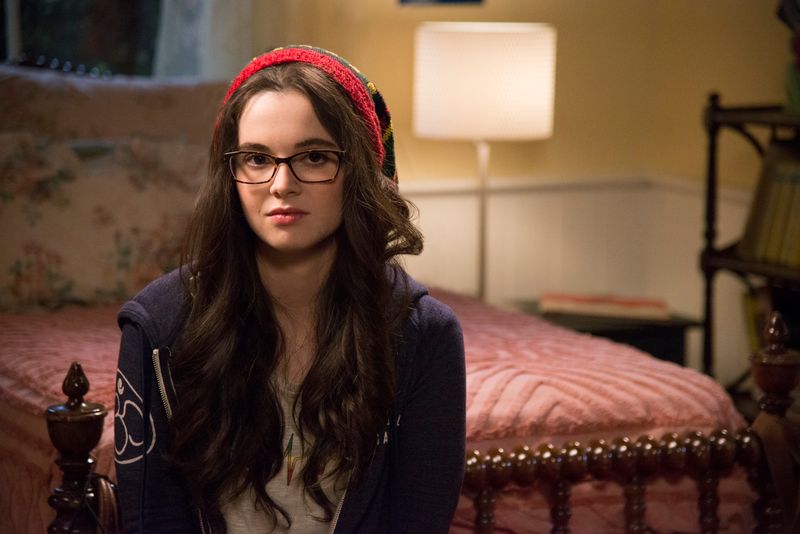
Television shows often live and die by their characters. A beloved character can elevate a show, while a disliked one can alienate fans and disrupt storylines. For various reasons, some characters end up being the targets of fan ire, becoming symbols of what went wrong with a series. Whether through poor writing, unnecessary additions, or unfortunate character development, these characters are remembered for all the wrong reasons. In this blog post, we’ll explore 15 TV characters who upset the balance and turned viewers’ love into frustration, examining the unique ways they managed to derail even the most cherished series.
1. Cousin Oliver (The Brady Bunch)
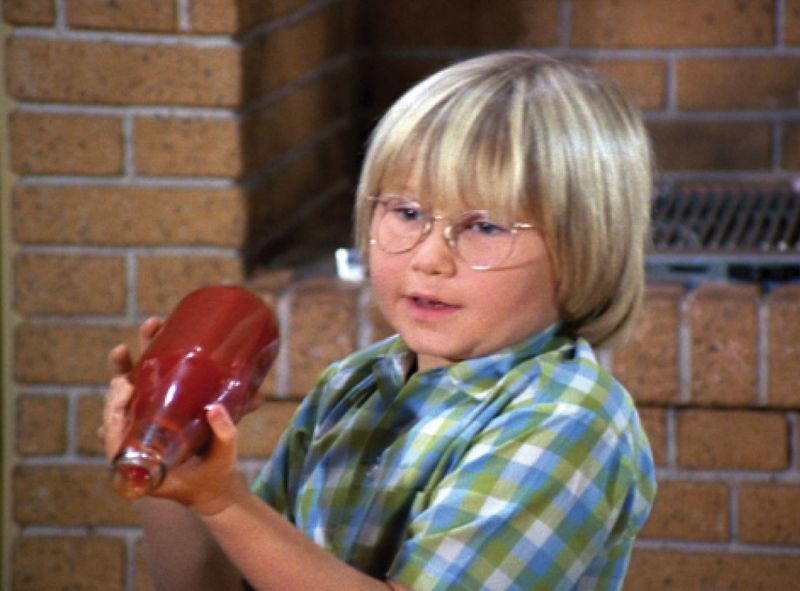
The Brady Bunch was a beloved classic, but with declining ratings, the show introduced Cousin Oliver. This young, blonde-haired boy was meant to revitalize the series, but he quickly became known as a character who overstayed his welcome. Fans found his presence unnecessary and felt he added little to the storyline.
The term “Cousin Oliver Syndrome” even emerged, referring to characters added to shows in a desperate attempt to boost interest. Unfortunately, Oliver’s antics failed to capture what made the original Brady family dynamic work.
Despite good intentions, his introduction marked a downturn in creativity and charm, leaving audiences wishing for the simpler times before his arrival.
2. Dawn Summers (Buffy the Vampire Slayer)
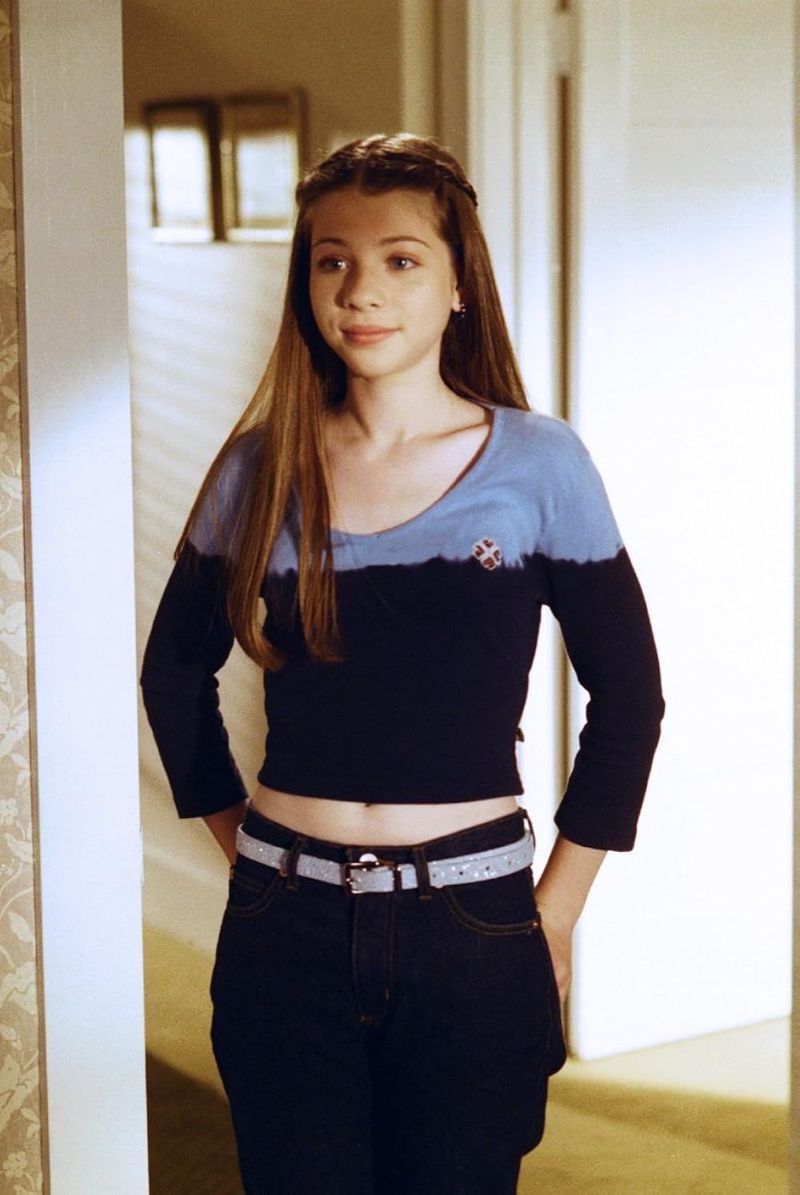
Buffy the Vampire Slayer captivated audiences with its mix of supernatural and real-life drama. But the introduction of Dawn Summers, Buffy’s suddenly revealed sister, left many fans bewildered. Her character often seemed to function as a plot device rather than a fully developed person.
Dawn’s constant whining and dramatic antics contributed to viewer frustration. While intended to add depth to Buffy’s life, her presence sometimes overshadowed key story arcs and character relationships.
Even her backstory, involving mystical origins, felt convoluted at times. Despite attempts to make her more relatable, Dawn remained a polarizing figure in the Buffyverse.
3. Scrappy-Doo (Scooby-Doo)
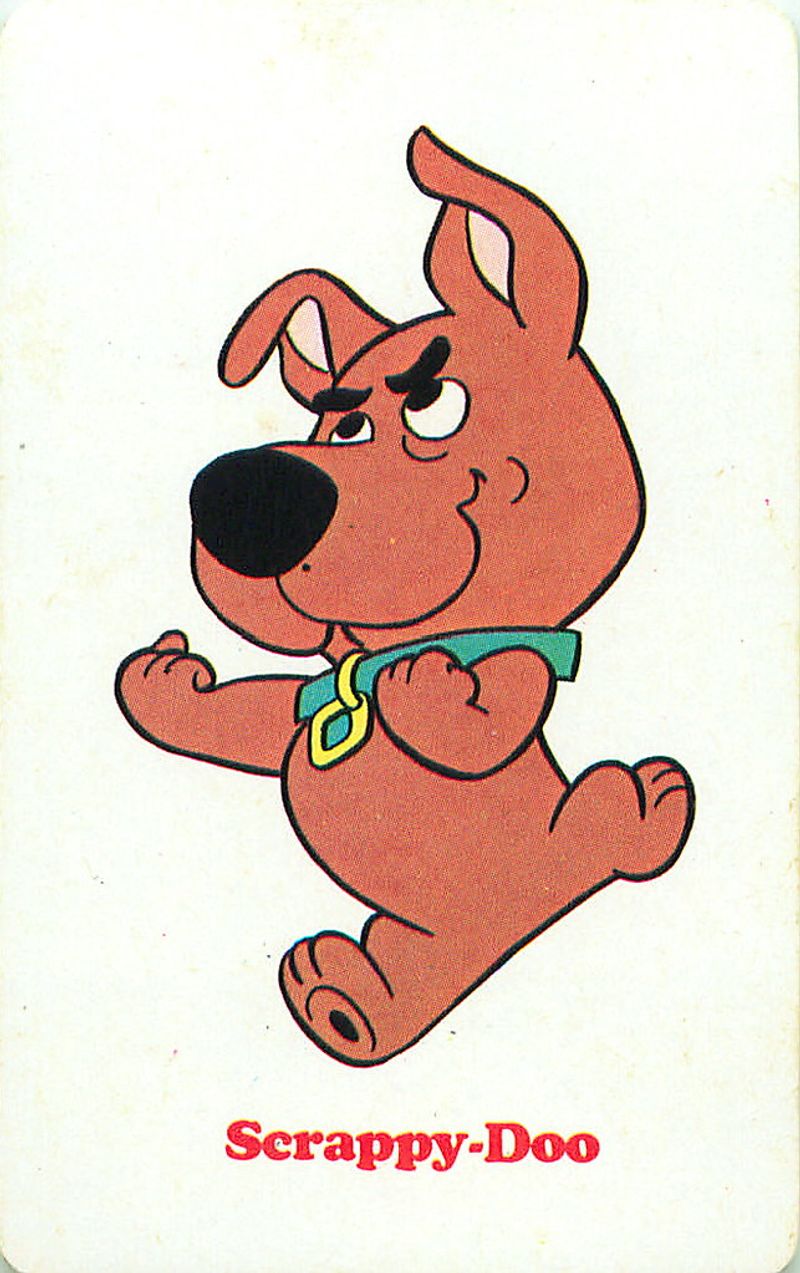
The Scooby-Doo franchise is known for its lovable gang and their ghostly adventures. Enter Scrappy-Doo, Scooby’s nephew, whose loud and brash personality quickly rubbed fans the wrong way.
Intended to inject energy into the series, Scrappy instead disrupted the dynamic, altering the team’s balance with his overconfident attitude. His catchphrase “Puppy Power!” became more irritating than endearing, leaving audiences longing for the simpler mysteries devoid of his interference.
Many fans regard Scrappy as an unnecessary addition, steering the series away from its core appeal. His legacy remains a contentious topic among Scooby-Doo enthusiasts to this day.
4. Randy Pearson (That ’70s Show)
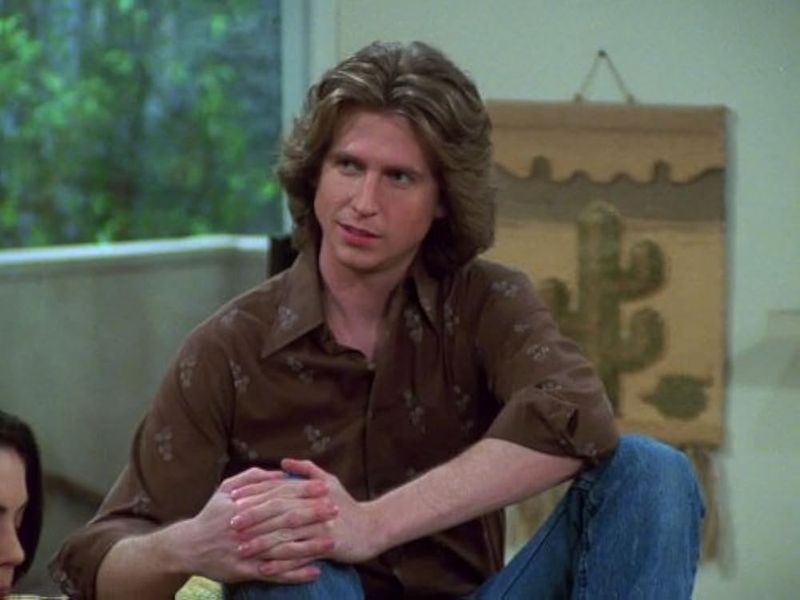
That ’70s Show faced the challenge of continuing without key cast members in its final season. To fill the void, Randy Pearson was introduced; however, he never resonated with fans. Many viewed him as a poor replacement for beloved characters like Eric and Kelso.
Randy’s character lacked the charm and chemistry that defined the original group. His addition felt forced, and his interactions often fell flat.
Despite attempts to integrate him into the fabric of the show, Randy’s presence highlighted the void left by departing cast members, contributing to a less satisfying conclusion for many longtime viewers.
5. Ellie Mills (Cougar Town)

Cougar Town thrived on its quirky humor and ensemble cast. However, Ellie Mills, portrayed with biting sarcasm, occasionally dragged down the show’s upbeat energy. Her character often came across as cynical and bitter, a sharp contrast to the otherwise lively atmosphere.
While her sarcasm added a certain edge, it sometimes overwhelmed scenes, detracting from the camaraderie among the characters. Fans felt her interactions could be abrasive, clashing with the show’s intended lightheartedness.
Despite these criticisms, Ellie’s character remained a staple of the series, but her impact on the overall tone left mixed impressions.
6. April Nardini (Gilmore Girls)

April Nardini’s sudden entrance into Gilmore Girls as Luke’s secret daughter introduced a major twist. Her character disrupted the beloved romance between Luke and Lorelai, creating tension that fans found unwelcome.
April’s involvement was often seen as an intrusion into the established narrative, shifting focus from the central characters’ dynamics. Her presence created unnecessary drama, diverting attention from the show’s charming core.
Although she was portrayed as intelligent and curious, the manner of her introduction overshadowed these traits. For many viewers, April remained a symbol of the show’s later-season challenges.
7. Mandy Baxter (Recast) (Last Man Standing)
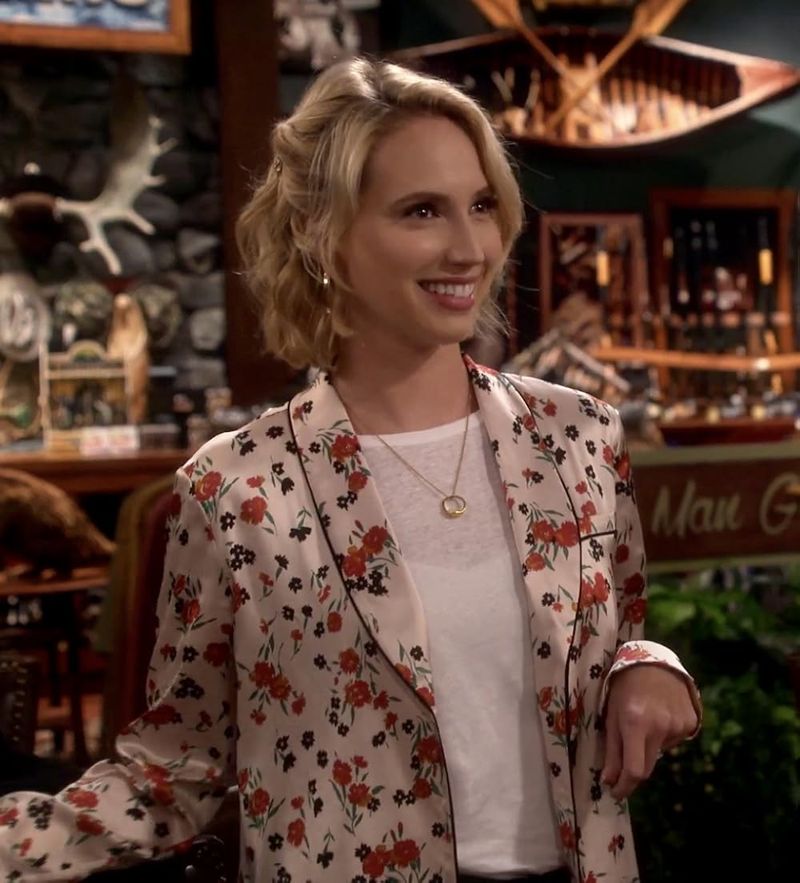
When Last Man Standing recast Mandy Baxter, fans noticed an immediate shift. Originally portrayed with an effervescent charm, the new portrayal altered her character’s appeal.
The recasting was jarring for viewers who had grown attached to the original actress. The change in demeanor and energy felt inconsistent, affecting Mandy’s interactions with her family.
The recast Mandy struggled to capture the same warmth and humor, leaving some fans disconnected. This transition highlighted the challenges of maintaining character continuity, especially in a show known for its familial bonds and comedic timing.
8. Scrappy-like “Seven” (Married… with Children)
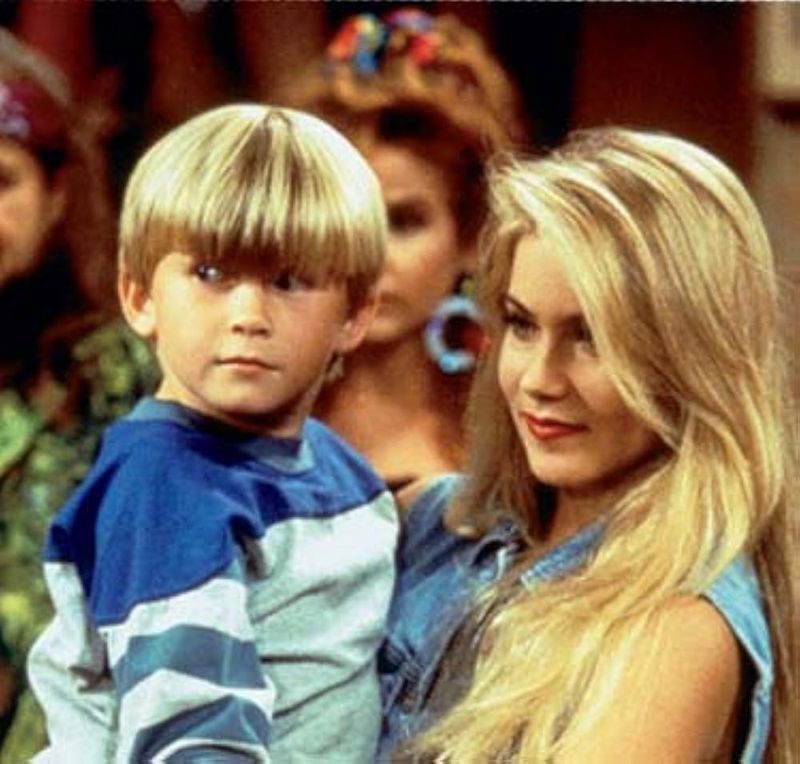
Married… with Children attempted to shake things up by introducing “Seven,” a Scrappy-like character. This sudden addition felt forced and quickly became an awkward fit within the Bundy household.
Seven’s presence disrupted the established family dynamic, and his antics felt out of place in the show’s humor. His character did not resonate with the audience, who preferred the original cast’s gritty charm.
The writers soon recognized this misstep, and Seven was quietly written out, leaving little trace behind. This experiment remains a cautionary tale about the risks of altering successful formulas.
9. Andy Bernard (Later Seasons) (The Office)
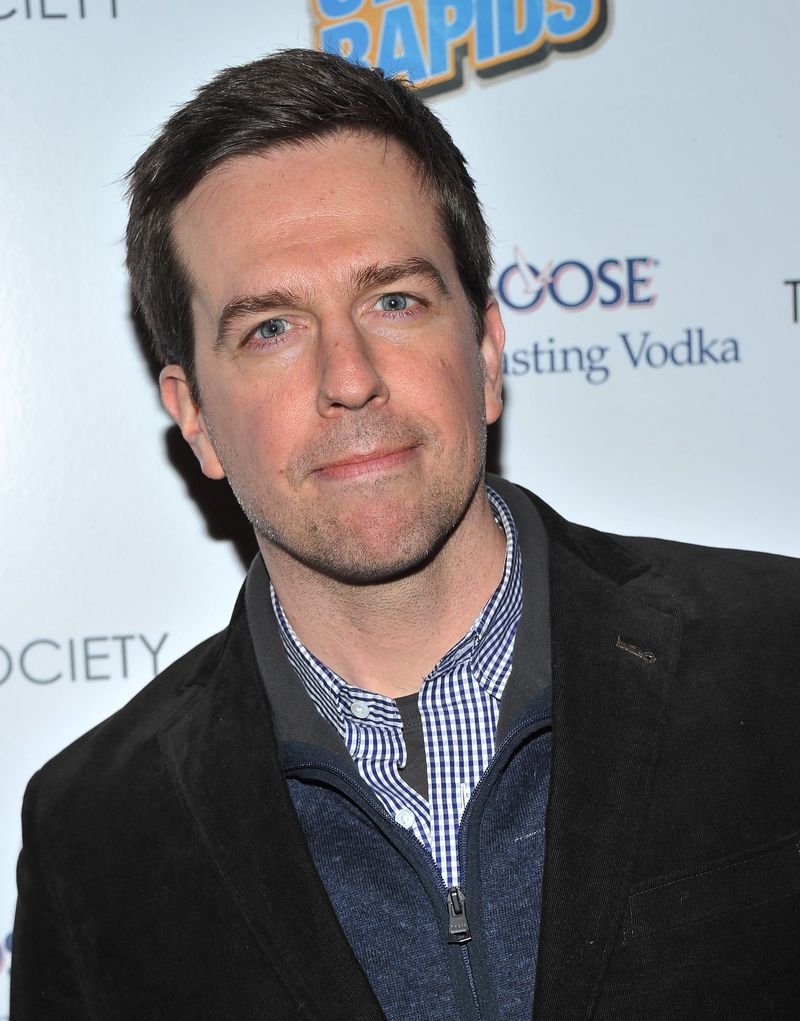
Andy Bernard began as a quirky addition to The Office, yet his transformation into an insecure boss alienated fans. Early on, his charm lay in his offbeat humor, but later seasons saw a shift towards egotism and erratic behavior.
This character evolution felt inconsistent and detracted from the ensemble’s balance. Fans found Andy’s leadership style grating, lacking the endearing qualities that made him initially appealing.
This turn in character not only affected Andy’s role but also influenced the show’s dynamics, reflecting the challenges of maintaining character integrity over multiple seasons.
10. Nellie Bertram (The Office)

Nellie Bertram’s introduction to The Office sparked mixed reactions among fans. Her sudden prominence within the ensemble cast felt forced, detracting from the established dynamics.
Nellie’s character often came across as intrusive, with storylines that seemed to sidetrack the show’s main focus. While intended to add a fresh perspective, her presence was sometimes overshadowed by her divisive personality.
Despite these challenges, Nellie’s role offered unique comedic moments. However, her impact on the series illustrates the delicate balance required when integrating new characters into a beloved show.
11. Jack Cole (Veronica Mars Season 3 additions)
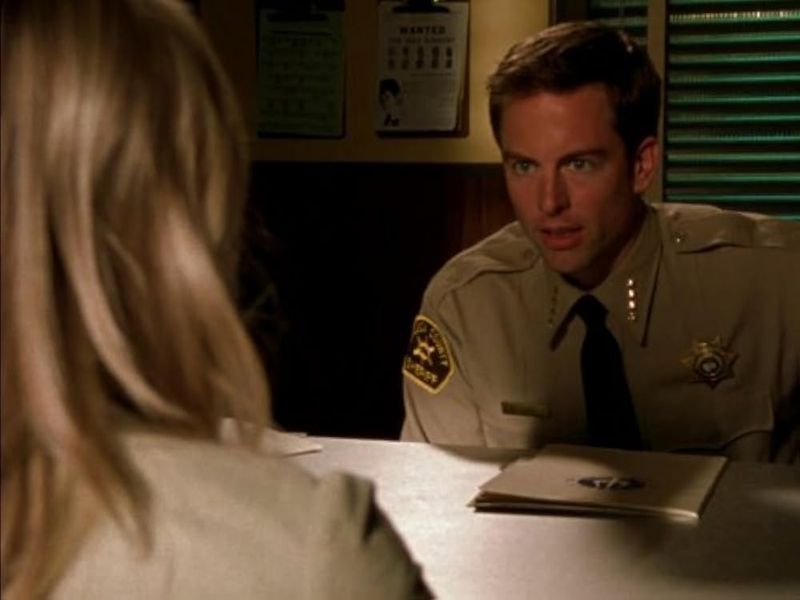
Veronica Mars’ third season marked a transition to college life, bringing new characters like Jack Cole into the mix. However, fans felt these additions lacked the intrigue and complexity that defined earlier seasons.
Jack’s character, in particular, struggled to capture the same depth, contributing to a tonal shift that left some viewers dissatisfied. Storylines that deviated from the core mystery elements failed to engage, leading to a disconnect with the audience.
While an effort to expand the show’s universe, Jack’s introduction underscored the challenges of maintaining narrative consistency amid significant plot changes.
12. Connor (Angel)
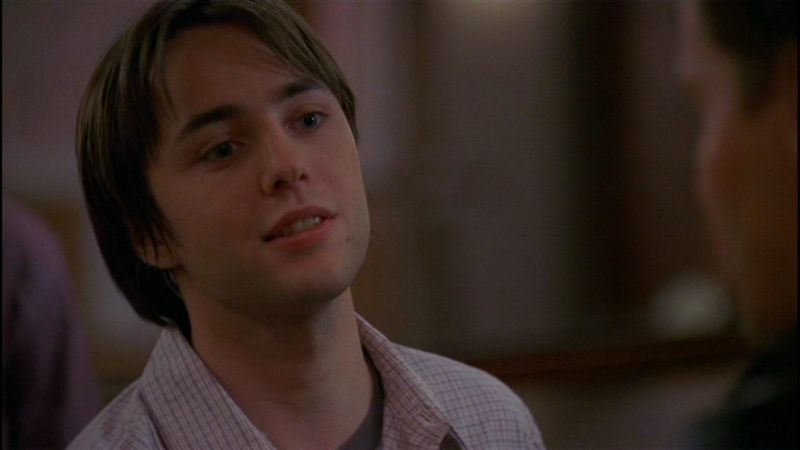
Angel’s son, Connor, was introduced with a backstory steeped in drama and complexity. However, his moody demeanor often overshadowed key storylines, alienating some fans.
Connor’s character was intended to add depth to Angel’s narrative but frequently became a source of conflict. His turbulent relationships and angst-filled presence sometimes diverted attention from central plot developments.
While intended as a catalyst for growth, Connor’s impact on the series was polarizing. Many viewers found his character arc challenging to invest in, preferring the show’s original focus on supernatural intrigue.
13. Maya Lewis (Scandal)
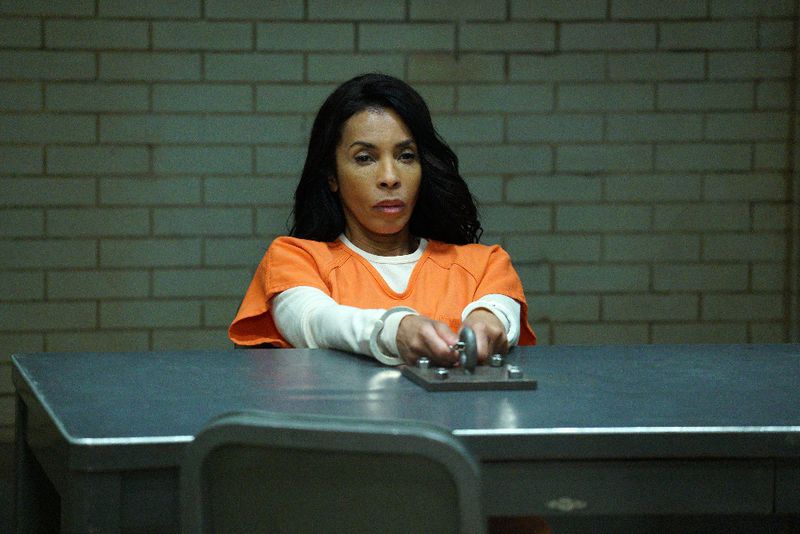
Maya Lewis, Olivia’s mother in Scandal, was introduced as a formidable force. Yet, her over-the-top antics and convoluted schemes often detracted from the show’s tightly woven political drama.
While meant to challenge Olivia, Maya’s exaggerated personality sometimes tipped into melodrama. Her presence in the storyline felt disruptive, overshadowing more nuanced character interactions.
Despite these issues, Maya added an unpredictable element to the series. However, her impact serves as a reminder of the delicate balance between enhancing drama and maintaining narrative coherence.
14. Joey Tribbiani (in “Joey” spin-off) (Friends/Joey)
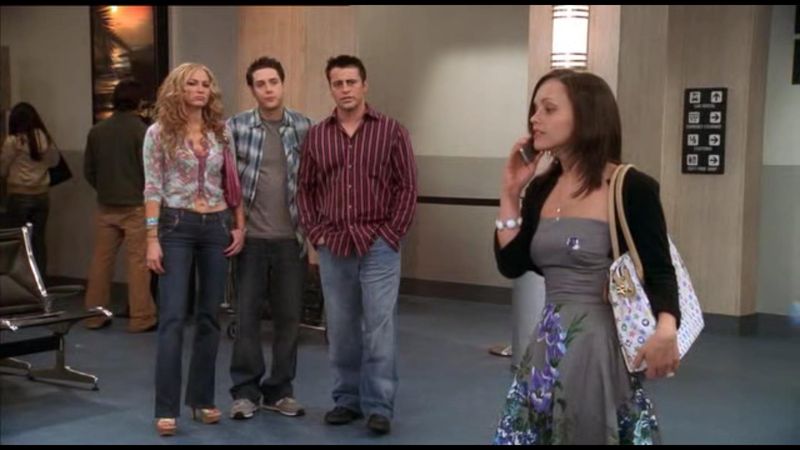
Joey Tribbiani, beloved in Friends, faced a different reception in the spin-off Joey. While his charm shone among his friends, his solo venture struggled to capture the same magic.
The spin-off’s focus on Joey’s new life in Los Angeles felt unnecessary, and fans missed the ensemble dynamics that made Friends a hit. Without the familiar camaraderie, Joey’s antics occasionally fell flat.
Though the spin-off aimed to explore Joey’s personal growth, it ultimately lacked the depth and chemistry of its predecessor, leaving fans yearning for the original group’s iconic moments.
15. Artemis (It’s Always Sunny in Philadelphia, later seasons)

Artemis has always brought an eccentric flair to It’s Always Sunny in Philadelphia. However, some fans found her later appearances too overblown, causing a distraction from the core group’s antics.
Her quirky behavior, once a delightful contrast, began to overshadow the main characters’ misadventures. While her unpredictability added excitement, it sometimes disrupted the cohesive dynamic of the gang.
Despite these critiques, Artemis remains a memorable part of the show’s universe. Her character reflects the challenges of balancing individual quirks with ensemble storytelling.

Comments
Loading…